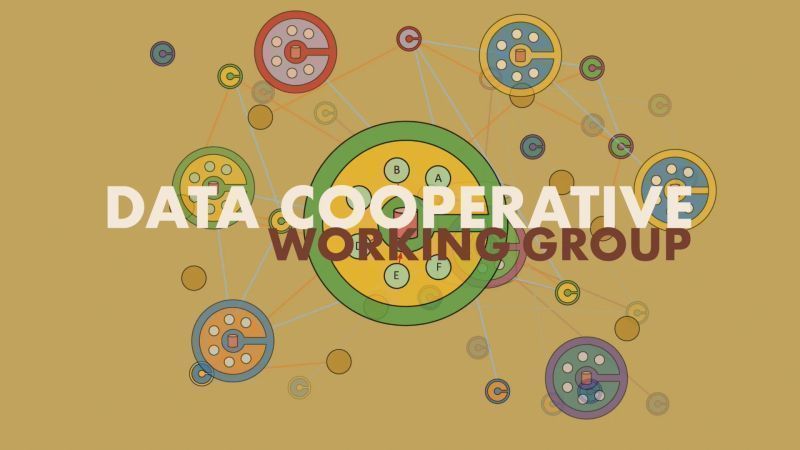The Co-Operative movement has come a long way since the modern co-operative movement was established in Rochdale, Greater Manchester in 1844. Now over three million co-operatives employ 280 million workers globally. These co-operatives have one billion people as members and account for nearly 5% of global economic output.
The most common types of co-operatives are worker, consumer, and financial co-ops. The newest kids on the co-op block are data co-operatives. These serve many purposes, including protecting sensitive information, generating data-driven insights, and voluntarily sharing data for the social good and/or economic return to their members.
Open Data Manchester, Aapti Institute, and Data2X have published ‘ . This is a practical guide to help groups in interested in forming a data cooperative.
The guide explores a four step process for forming a new data co-operative with detailed information and tools to help you through the journey.
The first step is to be certain that the data co-operative model the right fit for you. Working through this first stage should leave you with a good understanding of the strengths and weaknesses of data cooperatives, the ability to decide whether a data co-op is appropriate, and, if so, planning workshops to carry out the remaining three steps.
The second step requires naming the data cooperative’s purpose and fundamental values. Do members have privacy concerns about collecting and sharing data? Do members trust the organisation to safely manage their data?
After the value proposition is clarified, the third step is to design and establish an agreed-upon governance structure. The co-operative will succeed or fail based on the strength of its members’ relationships. A set of well-constructed frameworks can build and reinforce trust amongst members.
The fourth and final step in forming a data cooperative involves creating the data infrastructure. The most useful data insights emerge when individual data is pooled and shared, revealing relationships and interactions. However, data is currently often conceptualised solely as private property, and as a result many datasets currently sit in silos. Designing data infrastructures for security and safe sharing must be thus done in a community context, not only by individuals making personal decisions. This means that designing individual incentive mechanisms to promote data sharing is important.
Interested in learning more?
Download a copy of ‘How to Build a Data Cooperative – A Practitioners Guide’.
Read Julian Tait’s article ‘The Case for Data Cooperatives’
Join the Data Co-Operative Working Group

